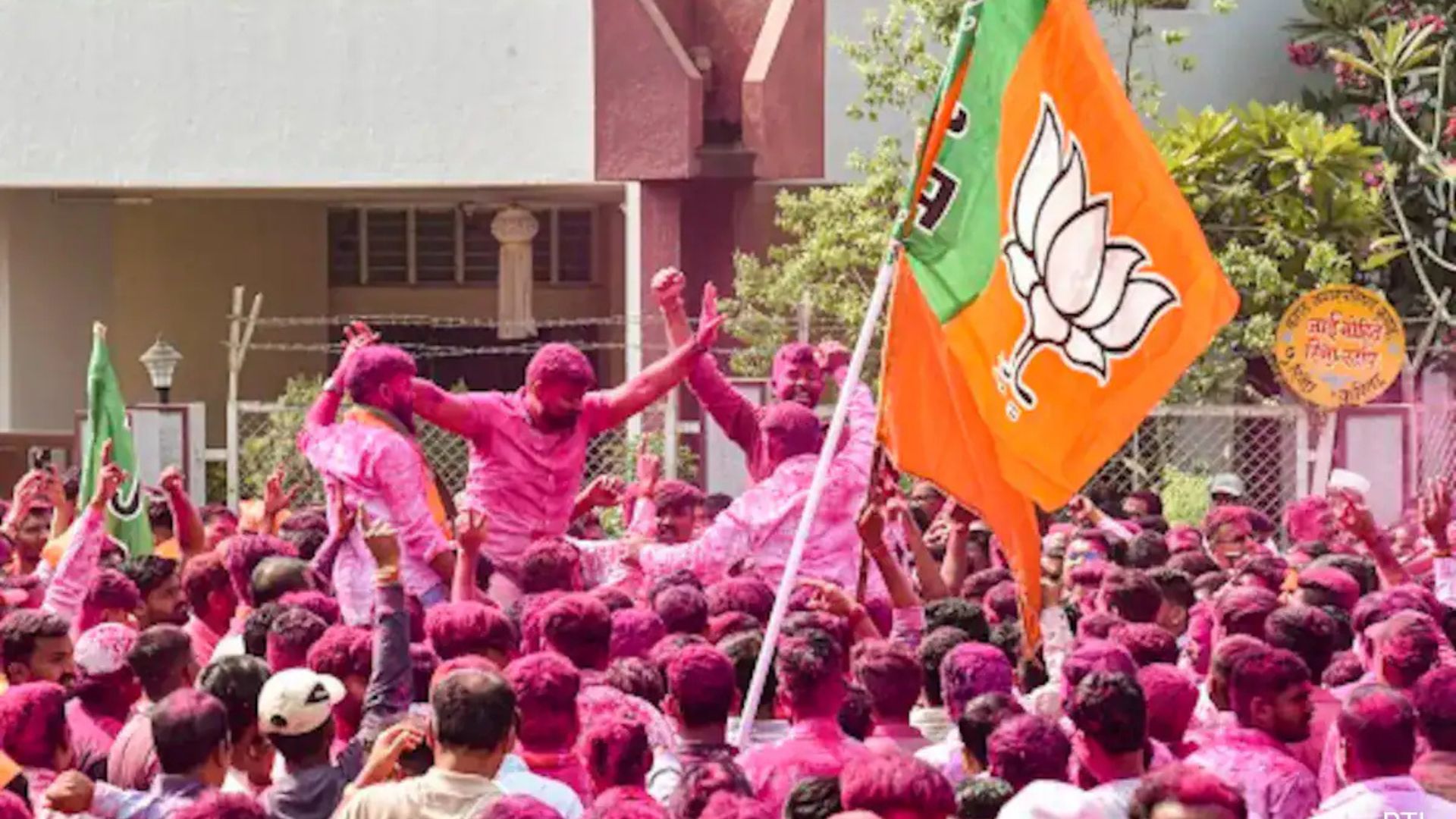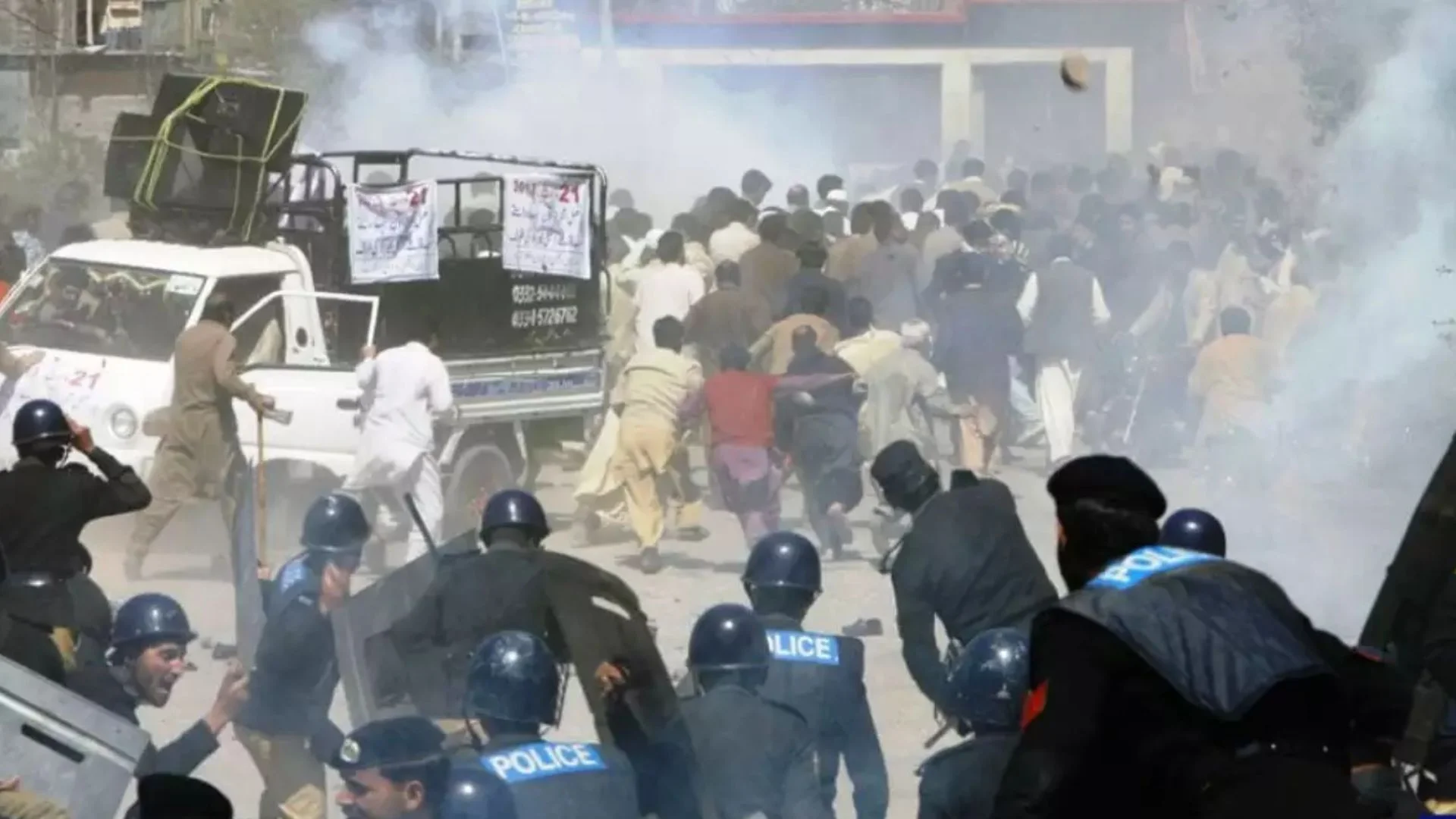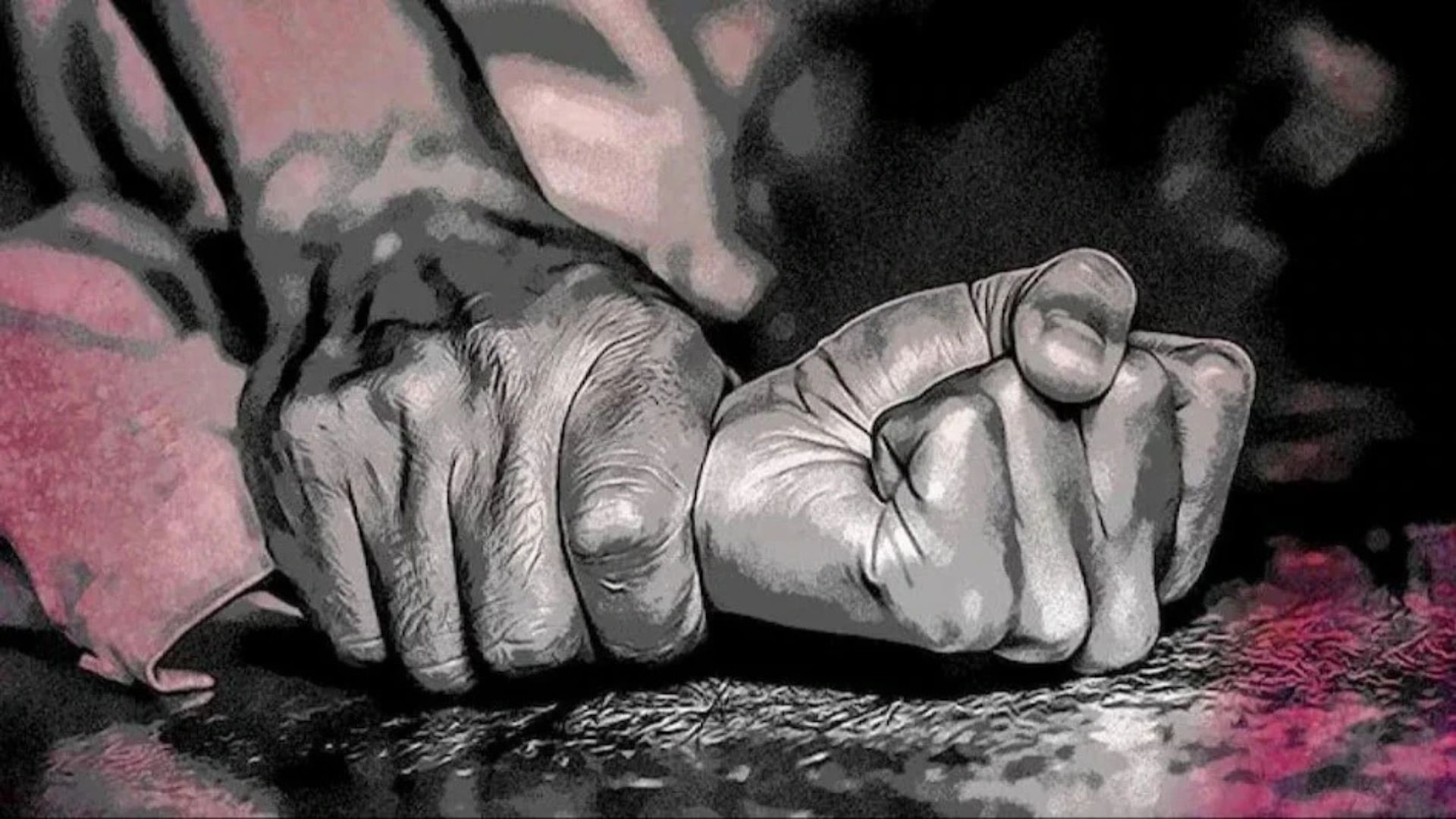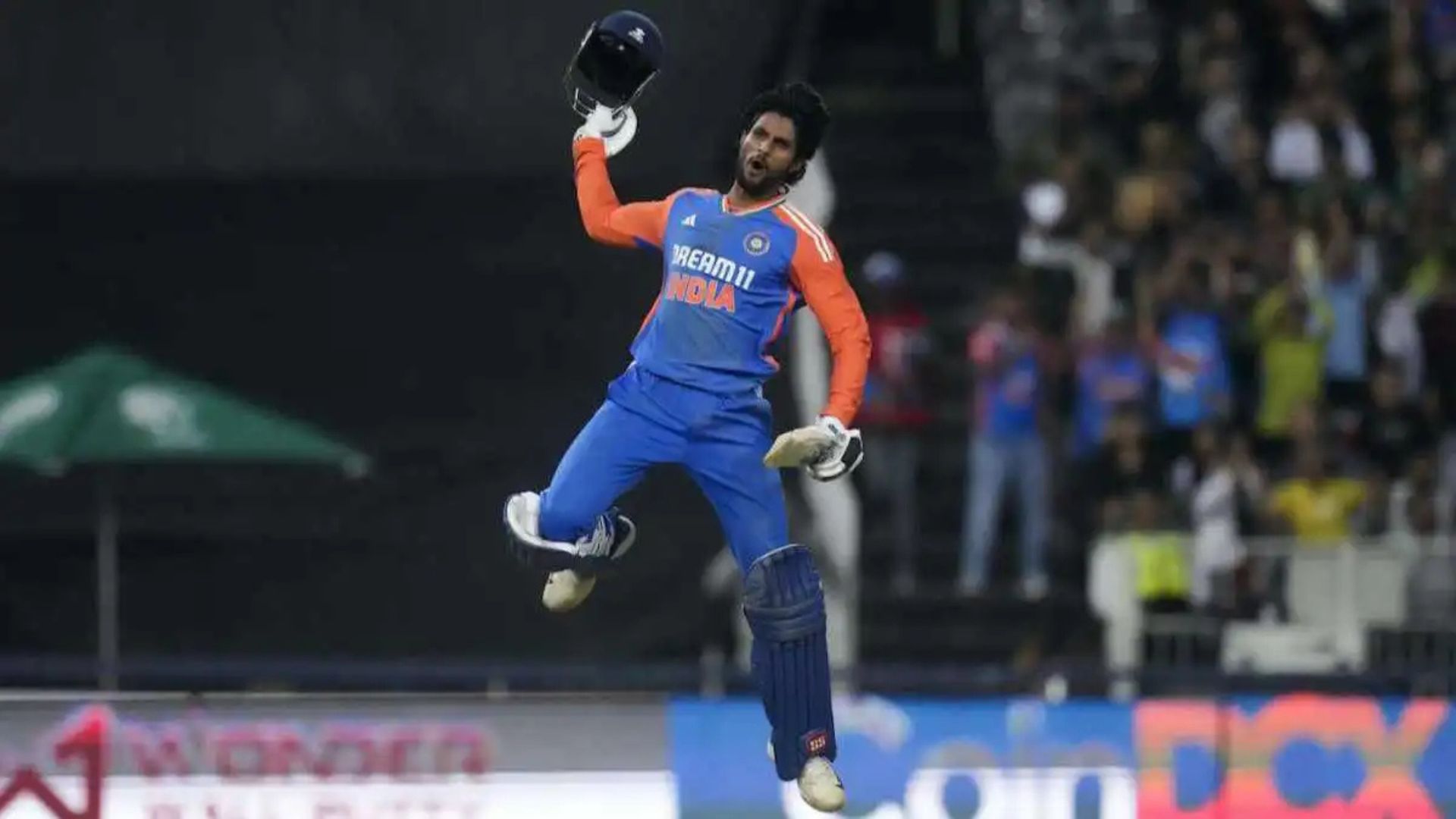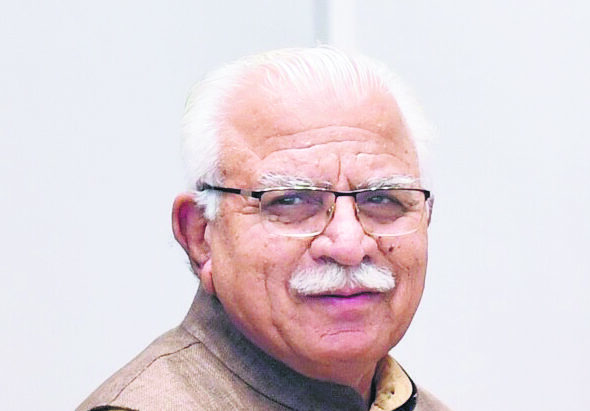
The political scenario in Haryana is undergoing significant changes with the resignations of Chief Minister Manohar Lal Khattar and his cabinet, driven by a rift within the Bharatiya Janata Party-Jannayak Janta Party alliance over seat-sharing for the upcoming Lok Sabha election.
There are indications that Mr. Khattar may return to the top post, potentially as early as 4 pm, leading a new government with support from the BJP and a group of five JJP MLAs—Jogi Ram Sihag, Ram Kumar Gautam, Ishwar Singh, Ramniwas, and Devinder Babli. However, these members may form a separate faction and align with the BJP without being appointed as ministers. The new government is also expected to garner support from seven independent MLAs.
Nayan Rawat, an independent MLA, stated, “We have already extended our support… We also discussed the strategy for the election. I got the impression the process of breaking the alliance has started.”
A swearing-in ceremony, including a new Chief Minister and potentially two deputies, is anticipated later today. Mr. Khattar is considered the frontrunner, but there is speculation that he might be replaced to preempt potential anti-incumbency sentiments. Other contenders for the position include Kurukshetra MP Nayab Singh Saini and Sanjay Bhatia, the Lok Sabha MP from Karnal.
Feedback from BJP MLAs will play a crucial role in the decision, with discussions suggesting that the BJP’s state leadership had concerns about the JJP’s ability to secure crucial Jat community votes.
There is also talk of having two Deputy Chief Ministers from different communities, similar to the BJP’s approach after winning elections in Madhya Pradesh, Rajasthan, and Chhattisgarh. The BJP-JJP alliance, formed after the inconclusive 2019 Assembly election, collapsed due to disagreements over Lok Sabha seat-sharing. The JJP sought two seats, while the BJP was only willing to concede one. Both parties have now expressed their intent to contest the upcoming polls independently.
In the 2019 election, the BJP won all 10 seats, while the JJP, a newly formed party at the time, lost all seven contests but secured a noteworthy vote share of 4.9 percent.
